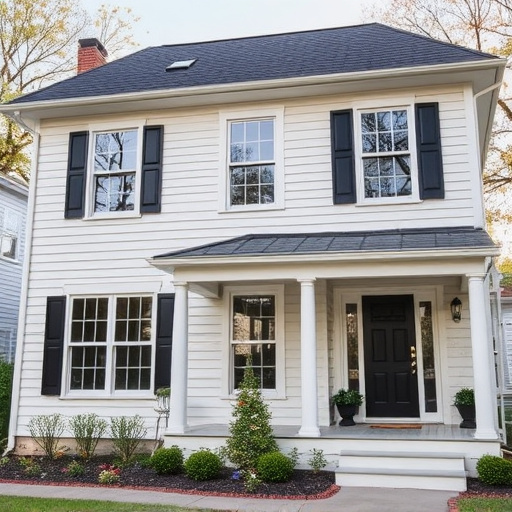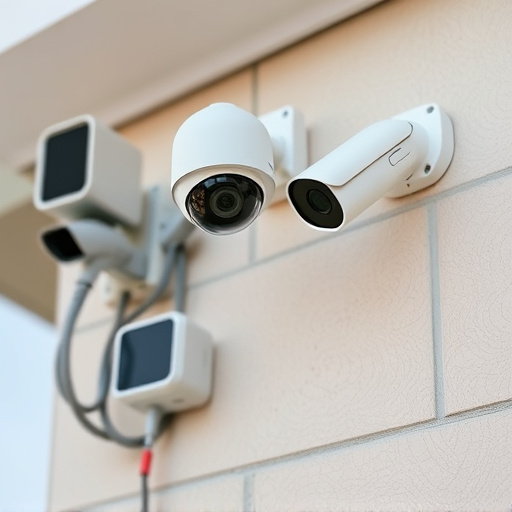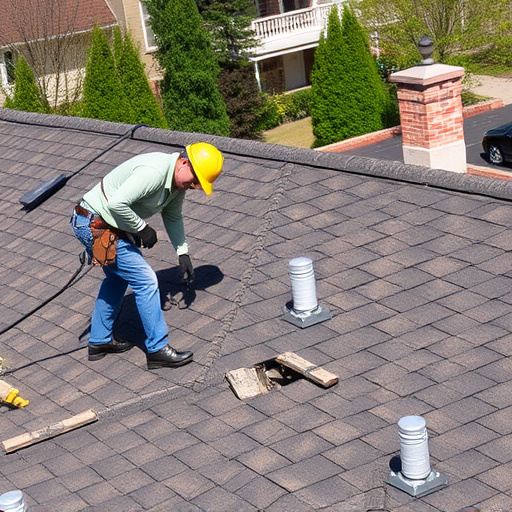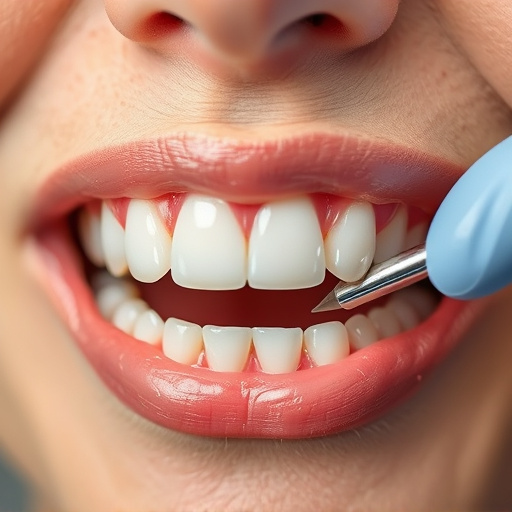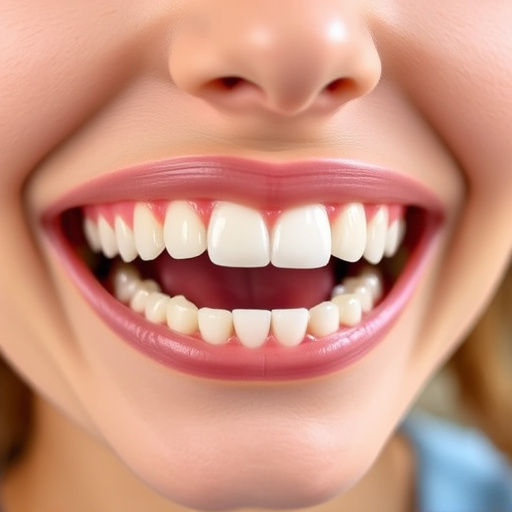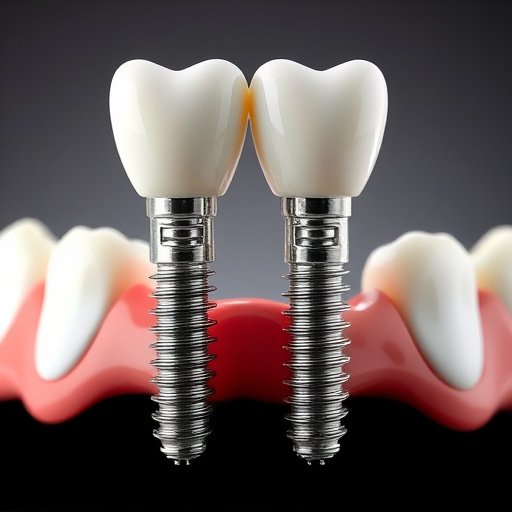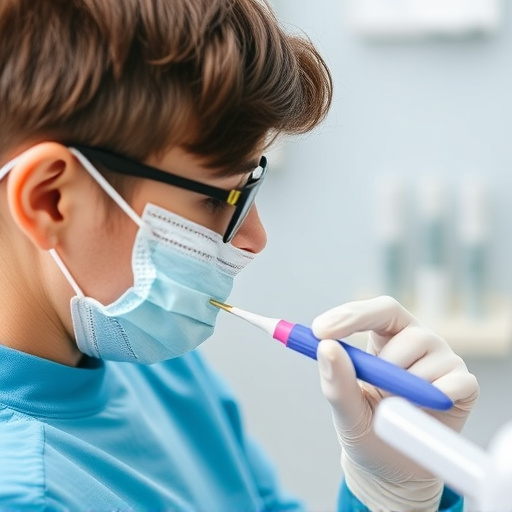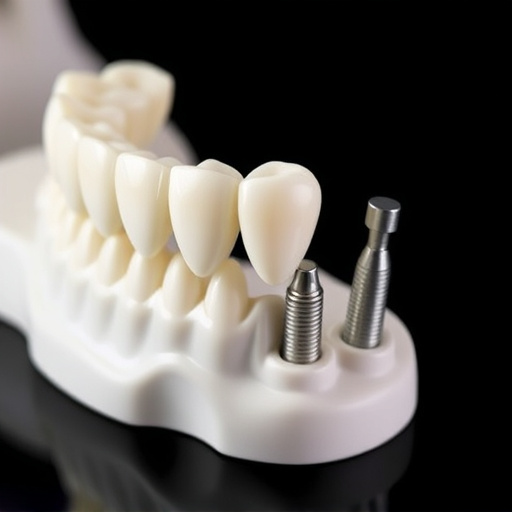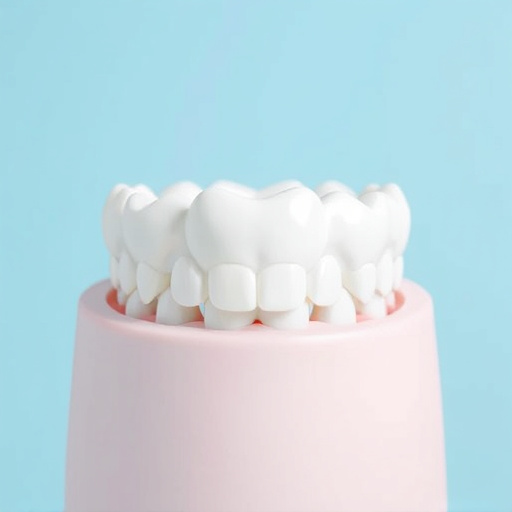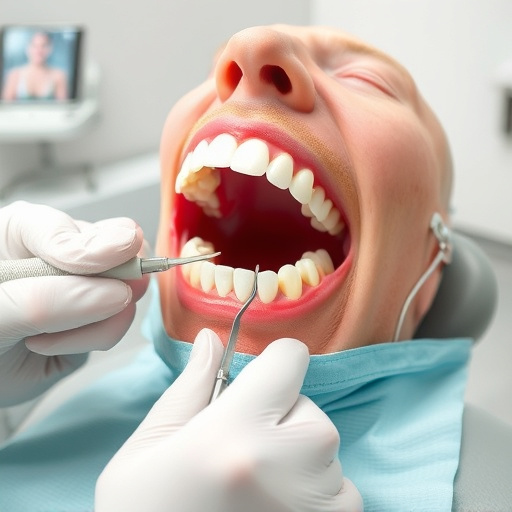Dental care for seniors in assisted living facilities is a critical aspect of their overall well-being due to age-related oral health challenges like dry mouth, decreased saliva production, gum disease, and reduced dexterity. Specialized geriatric dentistry services are essential to address these issues, including regular check-ups, gentle care, emergency dental support, and cosmetic procedures for enhanced confidence. Caregivers play a significant role in promoting good dental hygiene habits, thereby improving seniors' quality of life.
Dental care is a vital aspect of senior well-being, especially for those living in assisted facilities. As our population ages, understanding the unique dental health needs of seniors becomes increasingly crucial. This article explores the challenges associated with aging and oral health, prevalent issues among residents in assisted living communities, and the importance of regular dental check-ups. We also delve into effective strategies for implementing comprehensive dental care programs, promoting oral health awareness, and integrating dental education into senior wellness initiatives.
- Understanding Dental Health Needs of Seniors in Assisted Living
- – The unique challenges of aging and dental health
- – Prevalence of oral health issues among seniors in assisted facilities
Understanding Dental Health Needs of Seniors in Assisted Living
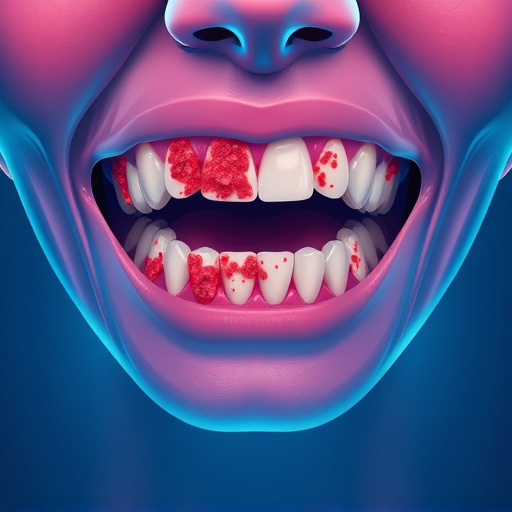
Understanding the unique dental health needs of seniors living in assisted facilities is paramount for maintaining their overall well-being. As people age, they often face various oral health challenges, including increased risk of tooth decay, gum disease, and dry mouth due to reduced saliva production. Many elderly residents may also have limited mobility or dexterity, making self-care difficult. This requires tailored dental care strategies that cater to their specific requirements.
In these facilities, regular check-ups with a dentist who specializes in geriatric dentistry is crucial. Senior citizens often require gentle and patient care, and certain procedures might be more complex due to existing health conditions or medication use. Emergency dental care services should also be readily available for sudden issues like toothaches, fractures, or infections. Moreover, addressing cosmetic dentistry concerns can boost their confidence and overall satisfaction with their oral appearance, contributing to a better quality of life.
– The unique challenges of aging and dental health
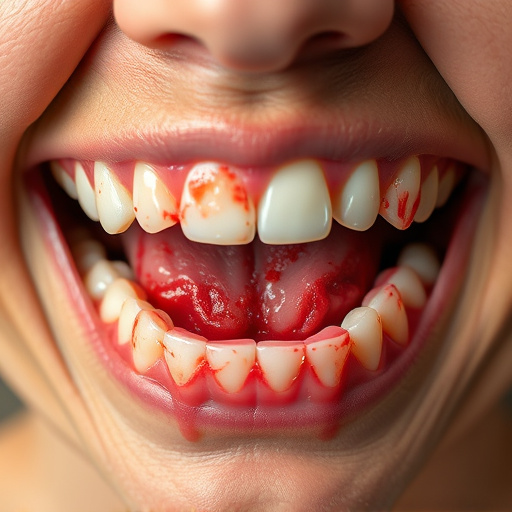
Aging presents unique challenges for maintaining optimal dental health. Seniors living in assisted facilities often face specific difficulties that require tailored dental care approaches. One significant issue is decreased saliva production, which can lead to dry mouth and increased risk of tooth decay and infections. This condition is further exacerbated by certain medications that many seniors take for chronic conditions, as they can cause a reduction in saliva flow. Additionally, reduced dexterity and mobility can make brushing and flossing more challenging, impacting oral hygiene.
Moreover, dental care for seniors may involve addressing specific age-related concerns, such as gum recession, tooth sensitivity, and root caries. Given their limited mobility, ensuring regular dental check-ups and cleaning can be a challenge in assisted living facilities. Emergency dental care becomes even more critical for this population, as prompt treatment of issues like abscesses or severe pain can prevent further complications. Procedures like wisdom tooth removal might also be necessary to avoid impaction and potential health risks associated with these teeth.
– Prevalence of oral health issues among seniors in assisted facilities
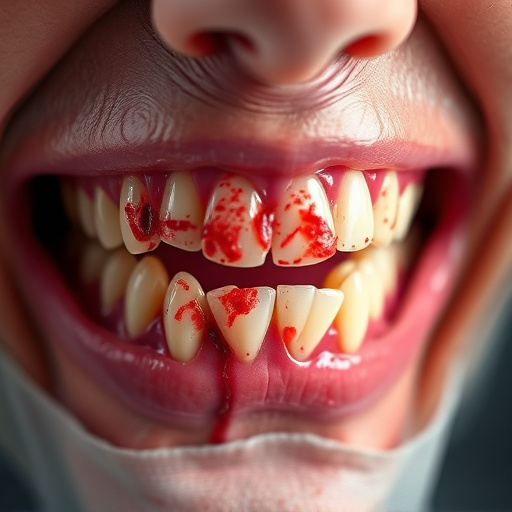
The oral health of seniors living in assisted facilities is a growing concern for healthcare professionals. As people age, they become more susceptible to various dental issues due to changing lifestyles, reduced mobility, and potential medication side effects. Studies show that this demographic often experiences higher rates of tooth decay, gum disease, and oral cancer compared to their peers. These conditions can be exacerbated by poor oral hygiene, reduced access to dental care, and certain chronic health conditions common in the elderly population.
In these assisted living environments, regular dental cleanings and preventive dentistry practices are even more critical. Dental crowns may also become a necessary part of their oral care routine to restore damaged teeth or treat decay. Caregivers play a vital role in promoting good dental hygiene habits among seniors by ensuring they receive appropriate dental care, which can significantly improve their overall health and quality of life.
Dental care for seniors living in assisted facilities is a vital aspect of their overall well-being. By understanding the unique challenges of aging and the high prevalence of oral health issues among this population, we can ensure that residents receive the necessary care. Regular checkups, tailored oral hygiene programs, and educational initiatives can significantly enhance their quality of life. It’s essential for assisted living facilities to prioritize dental health, fostering a smile that reflects the richness of their senior years.

